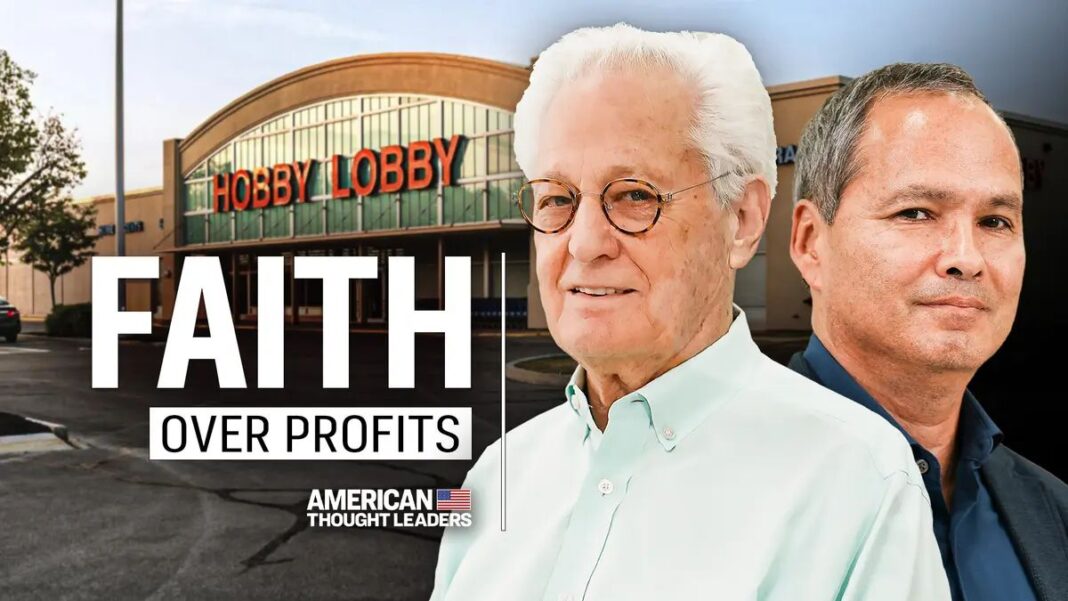The judge suggested that the government should try to at least partially fund the benefits.
A federal judge considered ordering the U.S. Department of Agriculture (USDA) to tap into a $5 billion contingency fund to avoid a lapse in the national food stamp program on Oct. 30.
U.S. District Judge Indira Talwani, during a hearing in Boston, said the government should find a way to continue giving limited benefits to recipients of the Supplemental Nutrition and Assistance Program (SNAP), rather than cutting it off completely.
“The steps involve finding an equitable way of reducing benefits,” she said.
Talwani is expected to issue a ruling by the end of Oct. 30.
Approximately 1 in 8 Americans benefit from SNAP, and at a cost of around $100 billion per year, it is one of the country’s most amply funded social service initiatives.
On Oct. 10, the USDA informed states that it would not disburse benefits for November because of the government shutdown.
The program is set to run out of funding on Nov. 1 if the shutdown continues. Senate Democrats have declined to support a House-passed bill to fund the government, and earlier this week, Republicans did not support a bill that provided standalone funding for SNAP.
As Republicans and Democrats continue to face off on the issue of reopening the government, 25 states sued on Oct. 27, insisting that the USDA could harness the $5 billion emergency fund to keep the program going.
However, Speaker Mike Johnson (R-La.) said this was illegal on Oct. 27, noting that those funds were meant to pay for school meals and infant formula.
A memo from the USDA echoed Johnson’s statement, noting that the emergency fund—along with $23 billion in tariff revenue—is being used to cover school breakfast and lunch programs, along with the Women and Infant Children (WIC) program, which provides infant formula and healthy foods to babies and their mothers.
That memo also notes that state governments cannot be reimbursed if they choose to cover SNAP benefits, a program that costs about $8 billion per month. Some states, such as Virginia, are planning to launch their own stop-gap programs to ensure food security.
The plaintiff states argue that, in addition to harming the tens of millions of Americans who rely on SNAP, the program’s suspension will harm the businesses where they shop.







